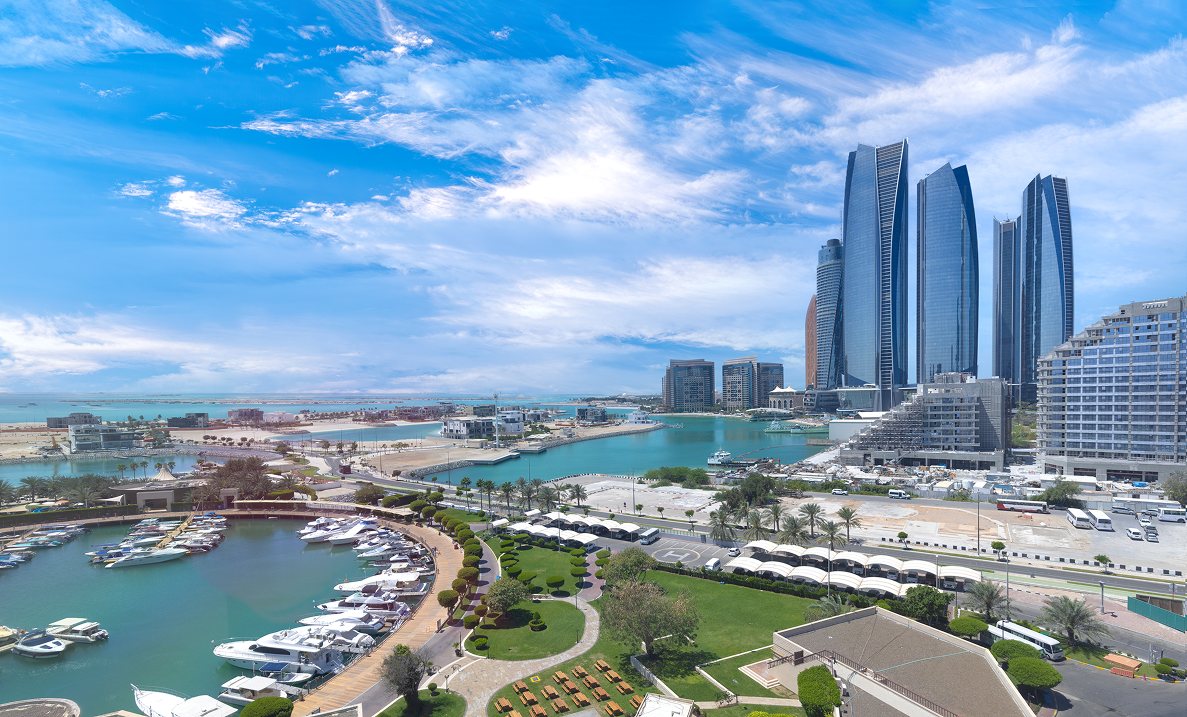
For decades, London was the city for capital, talent, andculture - the epicentre that drew global families and institutions from aroundthe world. Here, the rule of law, world-class education, and unparalleledaccess to financial markets created an ecosystem of opportunity unlike anywhereelse. It seemed unshakable.
But today, as I look around, I can't help but ask: is thisstill the case?"
London has weathered a series of body blows that would testeven the strongest. Brexit delivered the first shockwave, severing the cityfrom the seamless European marketplace and forcing financial institutions toreconsider their presence at the fundamental level.
The pandemic followed, hollowing out the City and CanaryWharf as offices emptied and remote work became the norm. Then came the fiscalreality: higher taxes, increased regulatory burdens, and a political climatethat has created genuine uncertainty about the city's long-term trajectory.
The result speaks for itself - billionaires haven't justdecamped to Monaco, Dubai, Milano, Abu Dhabi, Singapore or Geneva; entiresenior management teams of global financial institutions are following suit.
This isn't merely about tax domicile anymore. It’s aboutquality of life, safety, and confidence in where the world is heading. Londonis still London, but its unquestioned supremacy is no longer assured.
While London navigates this uncertainty, Abu Dhabi isemerging as a magnet for global capital through deliberate, strategic planning.The Abu Dhabi Leadership has built something remarkable: a stable,well-regulated financial ecosystem under the Abu Dhabi Global Market (ADGM)that combines legal clarity with a competitive tax environment.
The results are tangible. Brevan Howard, one of the world'smost prominent hedge funds, has established significant operations in AbuDhabi. Other specialised funds are following suit. These aren't token satelliteoffices - they’re transferring substantial operations and seniordecision-makers. The flow of talent and capital is shifting, and Abu Dhabi ispositioning itself not just as an alternative to traditional financial centres,but as their equal.

These moves reflect more than financial calculus - safetyand security play a crucial role. London, for all its dynamism, faces growingchallenges around public safety and infrastructure strain. Abu Dhabiconsistently ranks among the world's safest cities, a factor that weighsheavily on global families who view their children's wellbeing as equallyimportant as their portfolio returns.
This represents a fundamental shift in decision-makingcriteria. Financial returns matter, but so do trust, stability, and confidencethat families will thrive in a secure, globally connected setting. On thesemeasures, Abu Dhabi presents a compelling alternative.
Through my work with over 110 principals across Europe, theMiddle East, and Latin America, I am witnessing these shifts as lived realitiesrather than abstract trends. The conversation itself has shifted - fromassuming London to actively comparing it with Abu Dhabi and Singapore asequally credible options.
The families I work with are pragmatic. They go whereopportunities, safety, and ecosystems align with their long-term vision.They're not abandoning London on impulse - they're making calculated decisionsabout where their capital and families will thrive over the next generation.
London's vibrancy faces its greatest test in decades -political complexity, economic pressures, and unprecedented global competitionhave created a perfect storm of challenges. Yet history reminds us that Londonhas reinvented itself before, from the Great Fire to the Blitz to the Big Bangreforms of the 1980s.
The question isn't whether London will survive - it will.The question is whether it can rediscover its competitive edge in a world whereAbu Dhabi and others are no longer followers, but leaders setting the pace forglobal finance. This is London's moment of truth, a time to prove thatadaptation, not just tradition, defines its future.
The era of unquestioned dominance is over. The era of earnedleadership has begun.